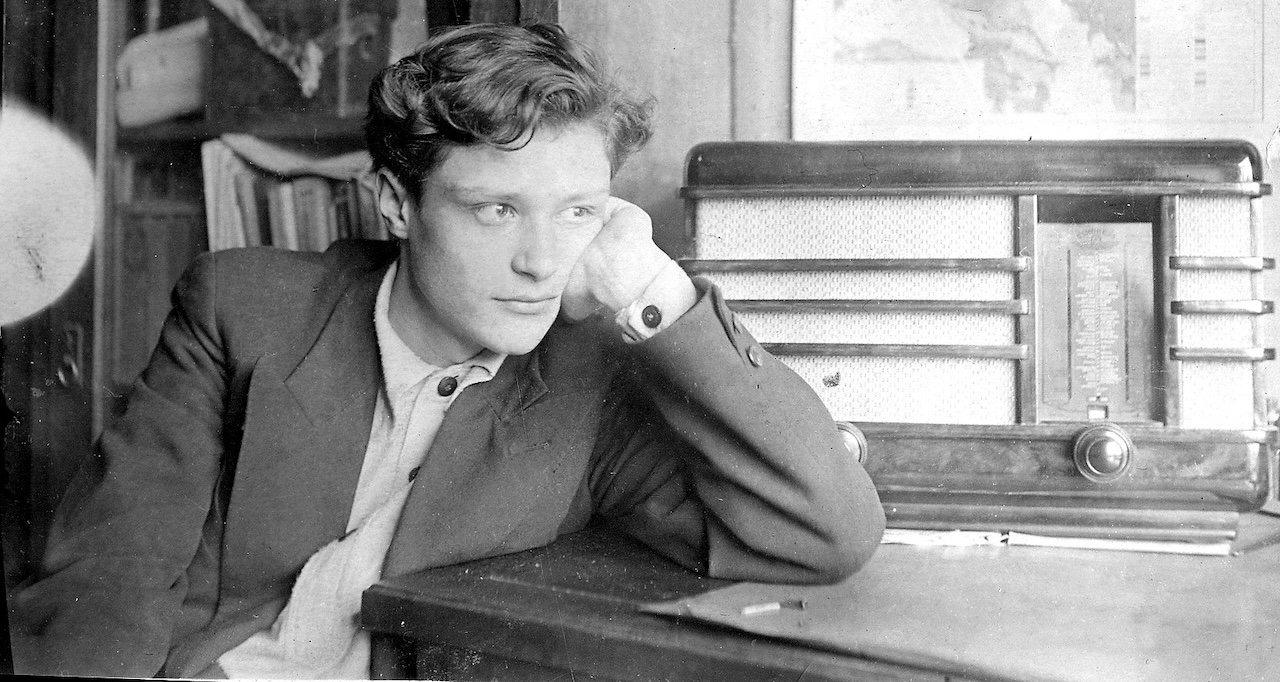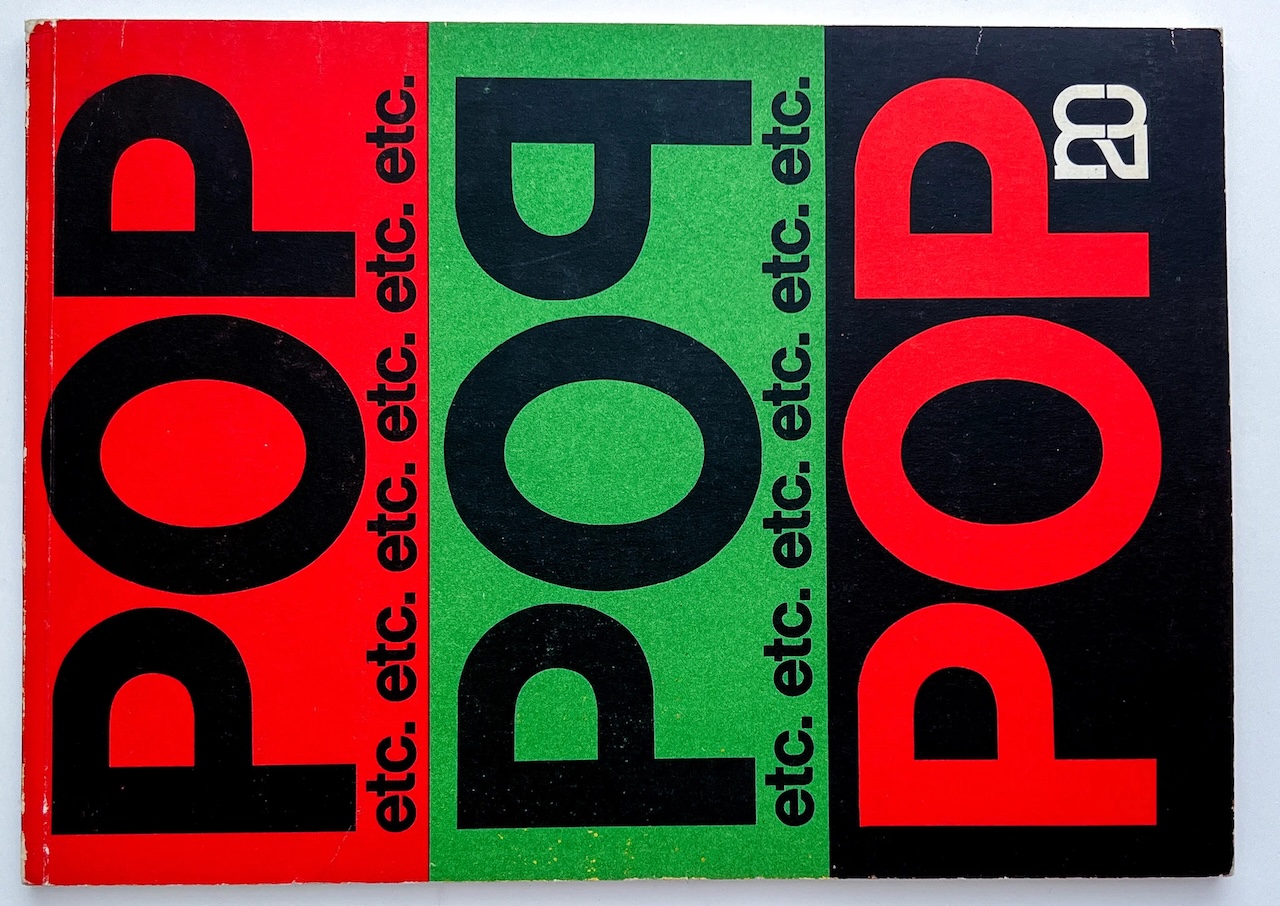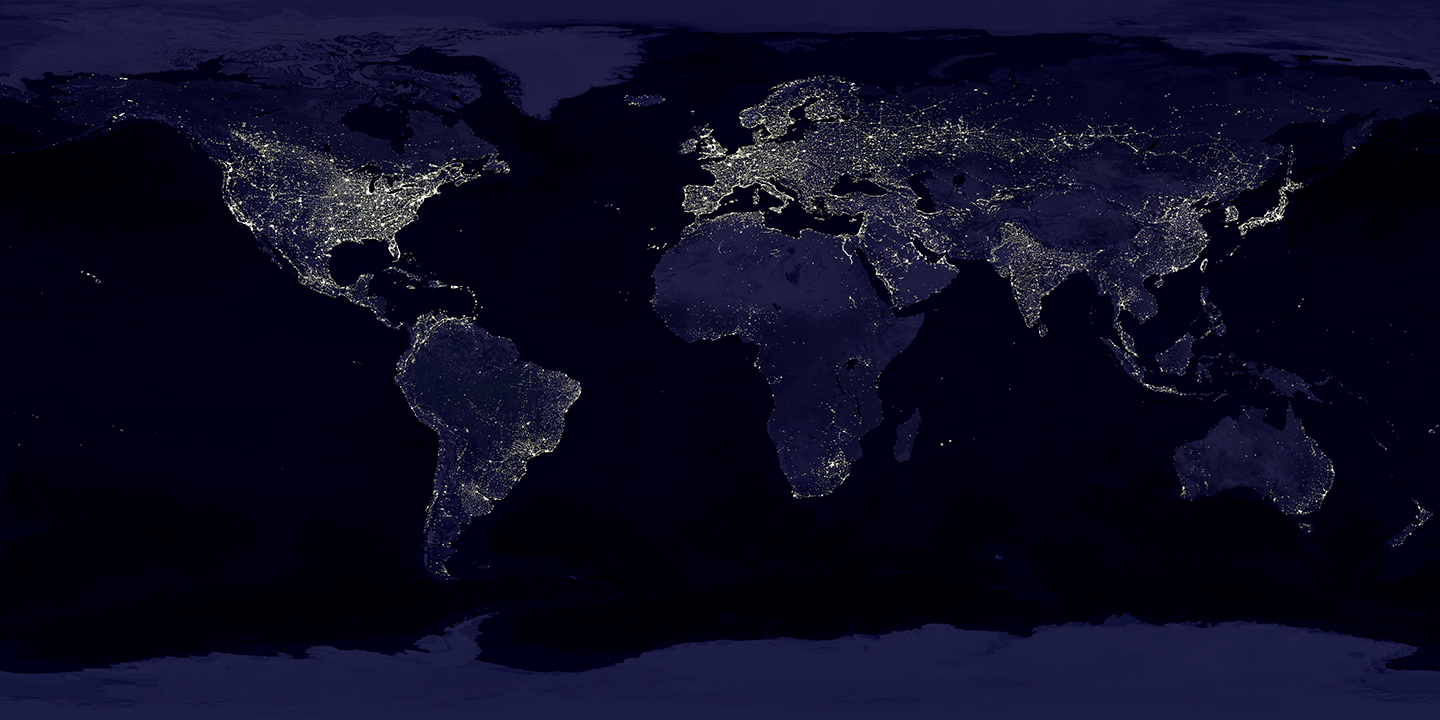March 23, 2015, 12am
As the closing event for of Specters Communism: Contemporary Russian Art, e-flux is pleased to host a lecture by translator and FAA aeronautics engineer Stephen Van Trees, followed by a conversation with the curator of Specters of Communism, Boris Groys.
Nikolai Fedorov (1828 or ’29–1903) was a remarkable Russian neo-Christian thinker who developed a metaphysical materialist philosophy in the years preceding the 1917 Russian Revolution. His eccentric form of radical humanism remains little known in the West, though he is absolutely key to understanding of Russia’s succeeding philosophical, creative, and engineering endeavors.
Fedorov envisioned a world brought together in one harmonious whole, as a family. The point of the reestablishment of the family was the resuscitation of each preceding generation by the generation that succeeded it, culminating in the resurrecting of all the dead who ever lived. He envisioned universal education and universal conscription, such that the world was united in the common task, such that nature, now the slave of blind forces, became the object of man’s conscious direction. Fedorov had quite specific proposals on agriculture, weather management, and space flight. His vision of the museum was both a reconstruction of the past and a vision of the future.
He also had a great love for the village and native Russian social constructs. He contrasted this to the city, which he viewed as a fallen enterprise.
Fedorov’s shining example of Christianity is the one-day church; a church built by collective effort for a quite specific goal. His main theological contribution is the concept of the conditionality of the Last Judgment. He believed that the Last Judgment was not inevitable—that man could work and consciously form the world to avoid the Apocalypse.
In the last year of his life, Fedorov wrote the larger portion of his preserved work. In 1902, a year before his death, he burned a part of his manuscripts. However, his friend N.P. Peterson secretly took the remaining part of his manuscript to Ashkhabad, and after Fedorov died ad Kozhevnikov and Peterson set to preparation of his testament for publication. In 1906, the first volume of Philosophy of the Common Task was issued. However, the assimilation of the philosophical heritage of Fedorov actually began only after the publication of the first generally accessible publication (Moscow, “Mysl” 1982), and his teaching has yet to find the place it deserves in the development of human thought.
Stephen Van Trees’s talk, based on a new complete translation of the two-volume edition of Philosophy of the Common Task, will introduce Fedorov’s life and important themes in his thought, and discuss the contemporaries he influenced as well as the Cosmists—the later followers who continued his work.
Stephen Van Trees translated the complete text of the first two volumes of Philosophy of the Common Task from 2007–2009. Van Trees holds an AB and MA in Slavic Languages and Literatures from UC Berkeley (1975, 1978). He wrote his undergraduate thesis (“The Eschatological Climate in Dostoevsky”) for Czeslaw Milosz, whom he worked for as a graduate student. He has translated Fedorov and Lev Shestov (all the previously untranslated work) from the Russian. He translated Milosz and Julian Rejewski’s memoirs (the true story of the Polish conquest of the Enigma machine) from the Polish. Recently he completed the translation of Saraskina’s Life of Solzhenitsyn for Solzhenitsyn’s family.
Boris Groys is Professor of Aesthetics, Art History, and Media Theory at the Center for Art and Media Karlsruhe and Global Distinguished Professor at New York University. He is the author of many books, including The Total Art of Stalinism, Ilya Kabakov: The Man Who Flew into Space from His Apartment, Art Power, The Communist Postscript, and, most recently, Going Public.




















